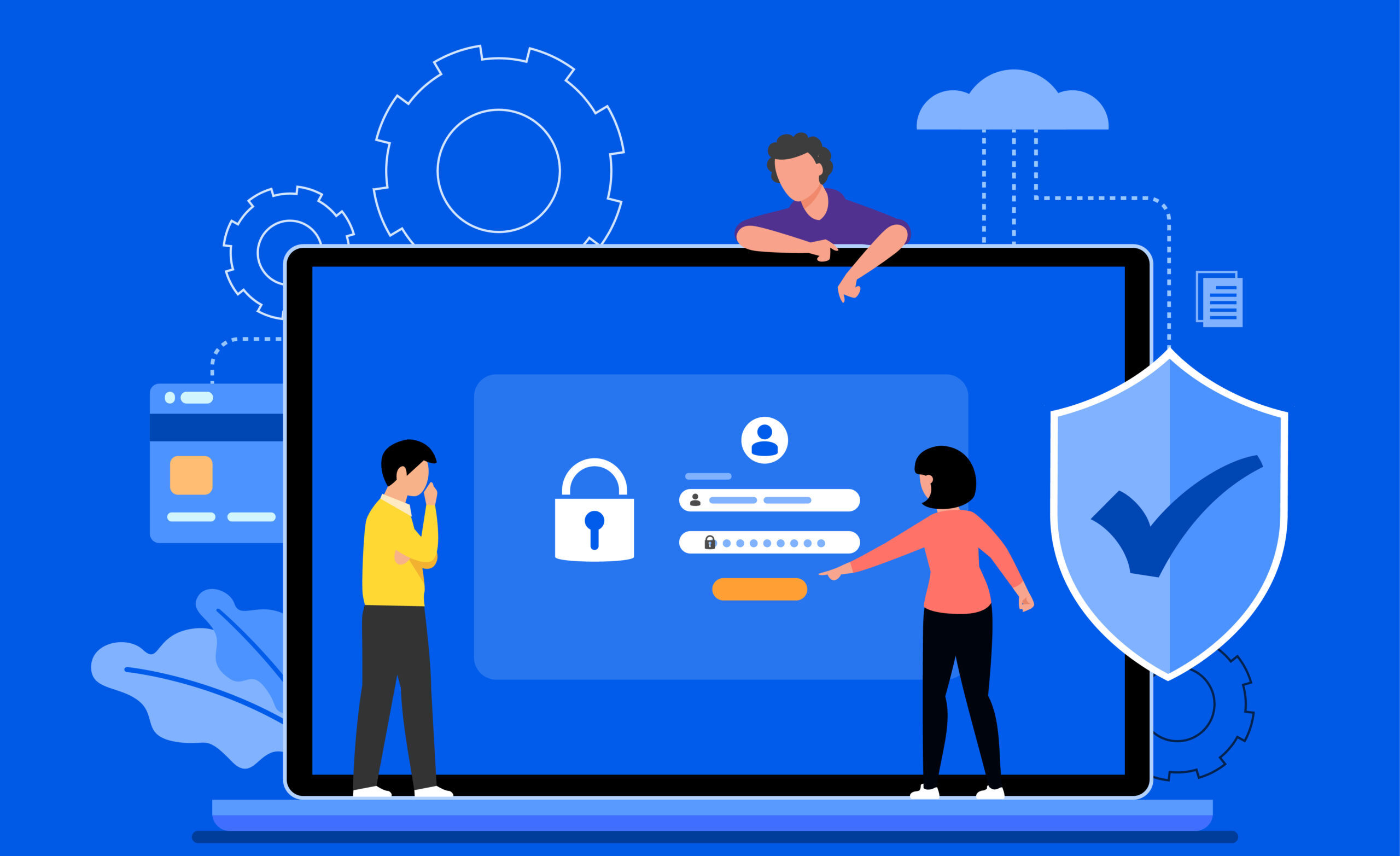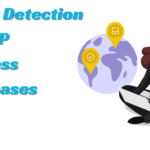Cybersecurity Protection Priorities for Your Small Business
- 1 Top Seven Critical Cybersecurity Priorities
- 1.1 Regular Software Updates and Patch Management
- 1.2 Employee Training and Awareness Programs
- 1.3 Password Manager Protection
- 1.4 Implementing Multi-Factor Authentication
- 1.5 Secure Network Infrastructure
- 1.6 Regular Data Backup and Recovery Plan
- 1.7 Scheduled Cybersecurity Assessments and Updates
- 2 Final Analysis
In the digital era, where data breaches and cyber threats loom large, small businesses must prioritize cybersecurity to safeguard their operations, reputation, and customer trust. Unlike large corporations with vast resources, small businesses often face unique challenges in implementing comprehensive cybersecurity measures. However, this doesn’t diminish the importance of robust protection strategies.
Top Seven Critical Cybersecurity Priorities
With this in mind, let’s look at seven critical cybersecurity priorities that can fortify a small business against digital threats, ensuring the safety and integrity of its digital assets.
Regular Software Updates and Patch Management
Keeping software up to date is the first line of defense in cybersecurity. Regular updates and patches fix security vulnerabilities that hackers might exploit. Small businesses should establish a routine for updating all software, including operating systems, applications, and security tools.
Automating updates can streamline this process, ensuring that software patches are applied promptly. Staying vigilant about updates is a simple yet effective way to protect your business from emerging cyber threats.
Employee Training and Awareness Programs
Human error is a significant factor in many cybersecurity breaches. Training employees in basic cybersecurity practices is essential. Regular awareness programs can educate your team about phishing scams, safe internet practices, and the importance of data security.
Creating a culture of cybersecurity awareness in the workplace empowers employees to act as the first line of defense. Encouraging vigilance and educating staff about the latest cyber threats can significantly reduce the risk of a breach.
Password Manager Protection
In the realm of cybersecurity, password management is a critical component. The use of a password manager can significantly enhance security. For instance, integrating the best password manager Chrome extension into your browser can streamline password management without compromising security.
A password manager not only stores passwords securely but also helps in generating strong, unique passwords for different accounts. This eliminates the risk associated with using weak or repeated passwords. By utilizing a password manager, small businesses can ensure that their online credentials are robust and well-protected against unauthorized access.
Implementing Multi-Factor Authentication
Multi-factor authentication (MFA) adds an extra layer of security beyond just passwords. By requiring additional verification, such as a code sent to a mobile device or a fingerprint scan, MFA ensures that even if a password is compromised, unauthorized access is still prevented.
Small businesses should implement MFA wherever possible, especially for accessing sensitive data and critical systems. Taking this straightforward measure can greatly diminish the likelihood of data breaches and unauthorized access to business accounts.
Secure Network Infrastructure
A secure network is the backbone of cybersecurity for any business. Small businesses should invest in a robust firewall, encrypt their Wi-Fi networks, and regularly monitor network activity for any unusual behavior.
Using virtual private networks (VPNs) for remote access can also provide an additional security layer, ensuring that data remains secure when employees access the network from different locations. Regularly assessing and upgrading network security can keep your business data safe from cyber threats.
Regular Data Backup and Recovery Plan
Regular data backups are crucial for minimizing damage in the event of a cyberattack. Small businesses should establish a routine for backing up important data and periodically test their ability to restore data from these backups.
Having a well-defined data recovery plan can ensure business continuity and reduce downtime in the event of data loss. This plan should include regular checks to ensure that backups are complete and can be restored effectively.
Scheduled Cybersecurity Assessments and Updates
Conducting regular cybersecurity assessments is crucial for identifying vulnerabilities and improving defenses. Small businesses should periodically review their cybersecurity policies, practices, and infrastructure to ensure they align with the latest security standards and threats.
Remaining current with the latest cybersecurity trends and threats is equally crucial. This continuous effort empowers businesses to adjust their strategies to align with the ever-evolving digital landscape. Partnering with cybersecurity experts or using advanced security tools can provide insights into areas needing improvement, ensuring the business stays ahead of potential cyber risks.
Final Analysis
In the contemporary digital business environment, cybersecurity transcends mere technical concerns; it stands as an integral facet of the overarching business strategy for small enterprises. By focusing on regular software updates, employee training, robust password management, multi-factor authentication, secure network infrastructure, and regular data backups, small businesses can establish a strong defense against cyber threats. These priorities are not only essential for protecting sensitive information but also for maintaining customer trust and the business’s long-term viability. In the realm of cybersecurity, prioritizing proactive measures over reactive ones can be the key to effectively safeguarding your small business.



















